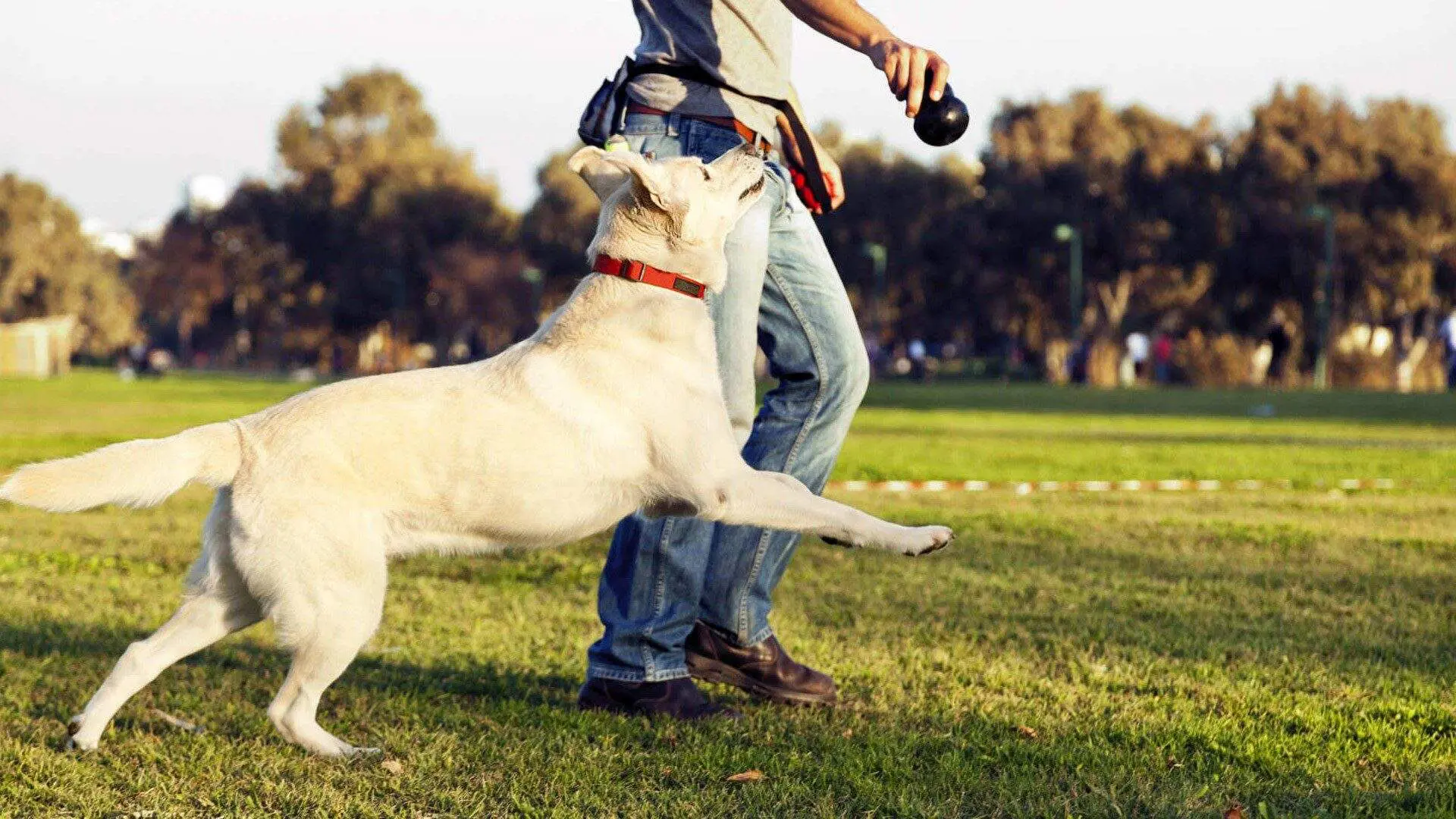Introduction
When it comes to our furry companions, the bond we share with them is one of the most rewarding aspects of pet ownership. A strong, happy relationship with your dog not only enhances your life but also contributes to your pet’s well-being. This is where a professional dog trainer comes into play. With their expertise, they can help you cultivate a joyful and harmonious relationship with your dog. In this article, we will explore five proven ways a dog trainer builds happy bonds, ensuring that both you and your canine companion thrive together.
1. Understanding Canine Behavior
One of the primary roles of a dog trainer is to help pet owners understand canine behavior. Dogs communicate differently than humans, and recognizing their body language, vocalizations, and social cues is essential for building a strong bond. A skilled dog trainer will educate you on these behaviors, enabling you to respond appropriately to your dog’s needs.
For instance, a wagging tail doesn’t always mean a dog is happy; it can also indicate excitement or anxiety. By learning to interpret these signals, you can create a more supportive environment for your dog, fostering trust and security. This understanding is the foundation of a happy bond, as it allows for effective communication between you and your pet.
2. Positive Reinforcement Techniques
Positive reinforcement is a cornerstone of effective dog training. A professional dog trainer employs this method to encourage desired behaviors through rewards, such as treats, praise, or playtime. This approach not only helps your dog learn but also strengthens the bond between you and your furry friend.
When you reward your dog for good behavior, you create a positive association with training sessions. This makes your dog more eager to participate and learn, leading to a happier and more engaged pet. Over time, the consistent use of positive reinforcement fosters a sense of trust and loyalty, as your dog learns that you are a source of joy and support.
3. Customized Training Plans
Every dog is unique, with its own personality, strengths, and challenges. A professional dog trainer recognizes this and tailors training plans to meet the specific needs of each dog and owner. By creating a customized approach, trainers can address behavioral issues, enhance skills, and promote a positive relationship.
For example, if your dog is shy or fearful, a trainer may focus on building confidence through gradual exposure to new experiences. Conversely, if your dog is overly energetic, the trainer might implement strategies to channel that energy into productive activities. This personalized attention not only helps your dog learn more effectively but also deepens the bond you share as you work together towards common goals.
4. Socialization Opportunities
Socialization is a crucial aspect of a dog’s development and happiness. A dog trainer provides opportunities for your pet to interact with other dogs and people in a controlled environment. This exposure helps your dog learn essential social skills, reducing the likelihood of behavioral issues such as aggression or fearfulness.
Through group training classes or organized playdates, your dog can practice appropriate behaviors while building confidence. As your dog becomes more comfortable in social situations, you’ll notice a positive shift in their demeanor, leading to a happier and more well-adjusted pet. This shared experience of socialization can also strengthen the bond between you and your dog, as you both navigate new environments together.
5. Ongoing Support and Guidance
The journey of dog training doesn’t end after a few sessions. A professional dog trainer offers ongoing support and guidance, ensuring that you and your dog continue to thrive. This support can take many forms, including follow-up sessions, phone consultations, or access to online resources.
Having a trainer available for questions or concerns can alleviate stress and uncertainty, allowing you to focus on building a happy bond with your dog. This continuous relationship fosters a sense of community and partnership, reinforcing the idea that you are not alone in your training journey. As you implement the trainer’s advice and see progress, your bond with your dog will grow stronger.
Conclusion
Building a happy bond with your dog is a rewarding journey that requires time, patience, and the right guidance. A professional dog trainer plays a vital role in this process, offering valuable insights, techniques, and support. By understanding canine behavior, utilizing positive reinforcement, creating customized training plans, providing socialization opportunities, and offering ongoing support, a dog trainer can help you cultivate a joyful and lasting relationship with your furry friend.
If you’re ready to strengthen the bond with your dog, consider reaching out to a professional dog trainer today. Your journey towards a happier, more fulfilling relationship with your pet starts now! We cover everything in one place—don’t miss out on the latest insights.
FAQ Section
1. How long does it take to see results from dog training?
The timeline for seeing results can vary based on the dog’s age, breed, and previous training experience. Generally, you may start to see improvements within a few weeks of consistent training.
2. Can I train my dog without a professional trainer?
While it’s possible to train your dog on your own, a professional dog trainer can provide valuable insights and techniques that may be difficult to learn independently. Their expertise can help you avoid common pitfalls and ensure effective training.
3. What should I look for in a dog trainer?
When choosing a dog trainer, consider their qualifications, experience, training methods, and reviews from other clients. It’s essential to find a trainer whose approach aligns with your values and goals for your dog’s training.
